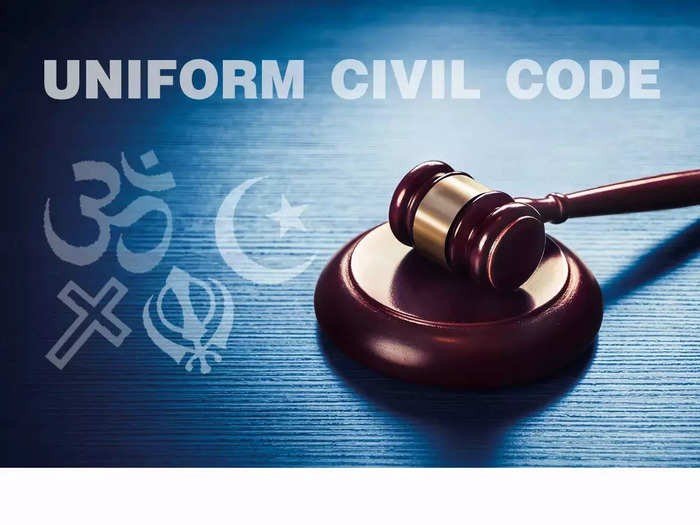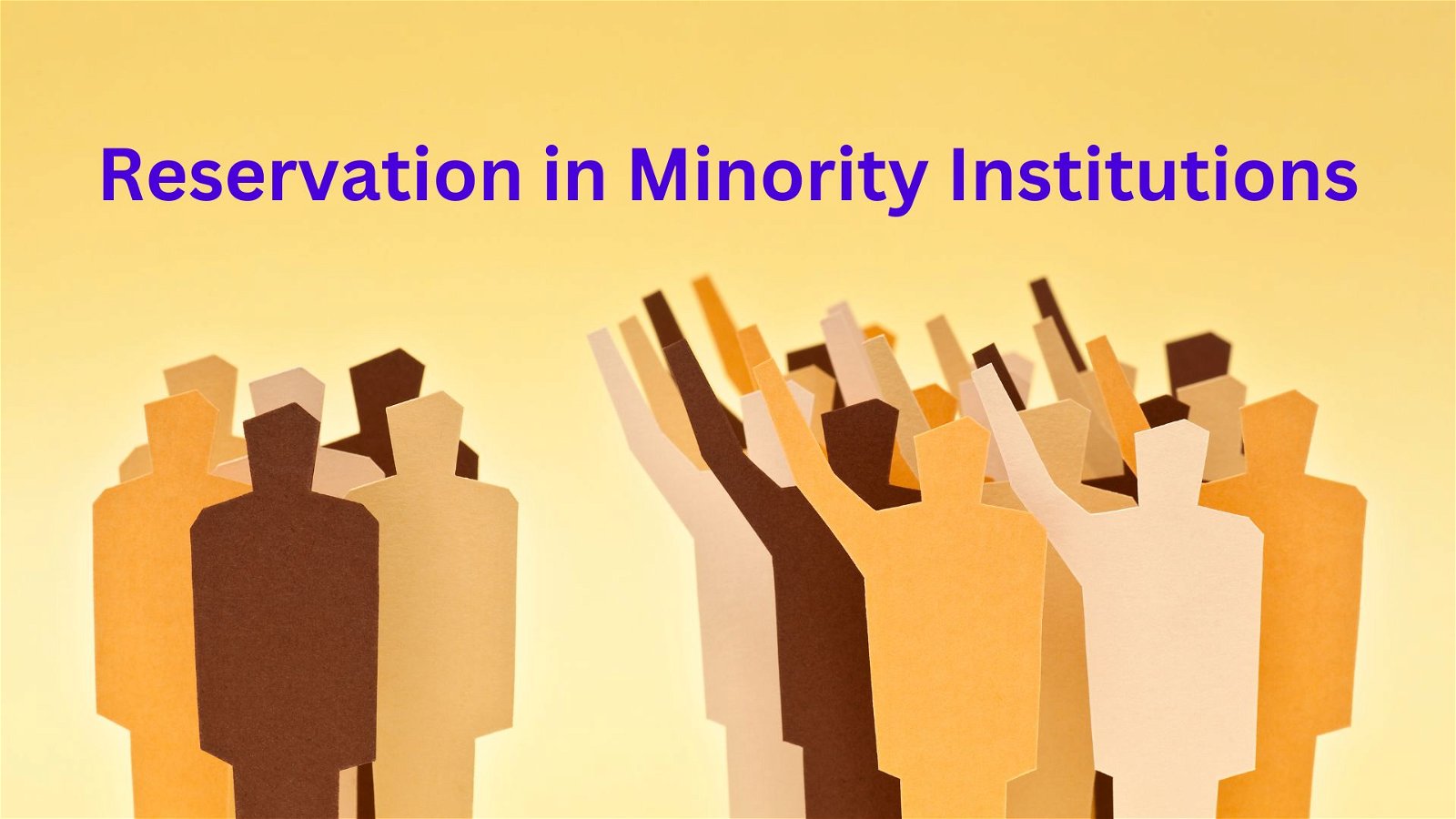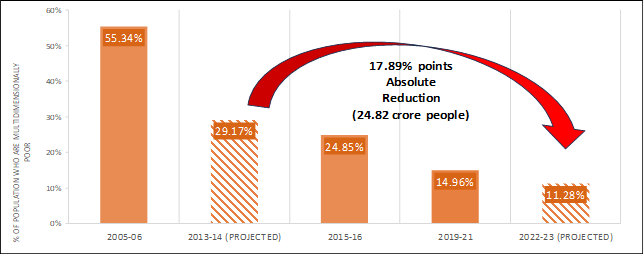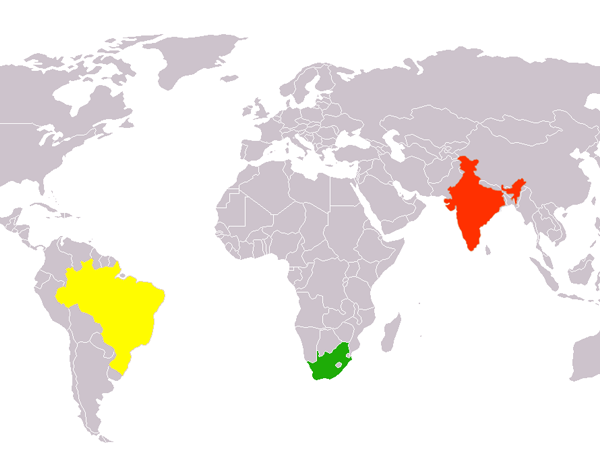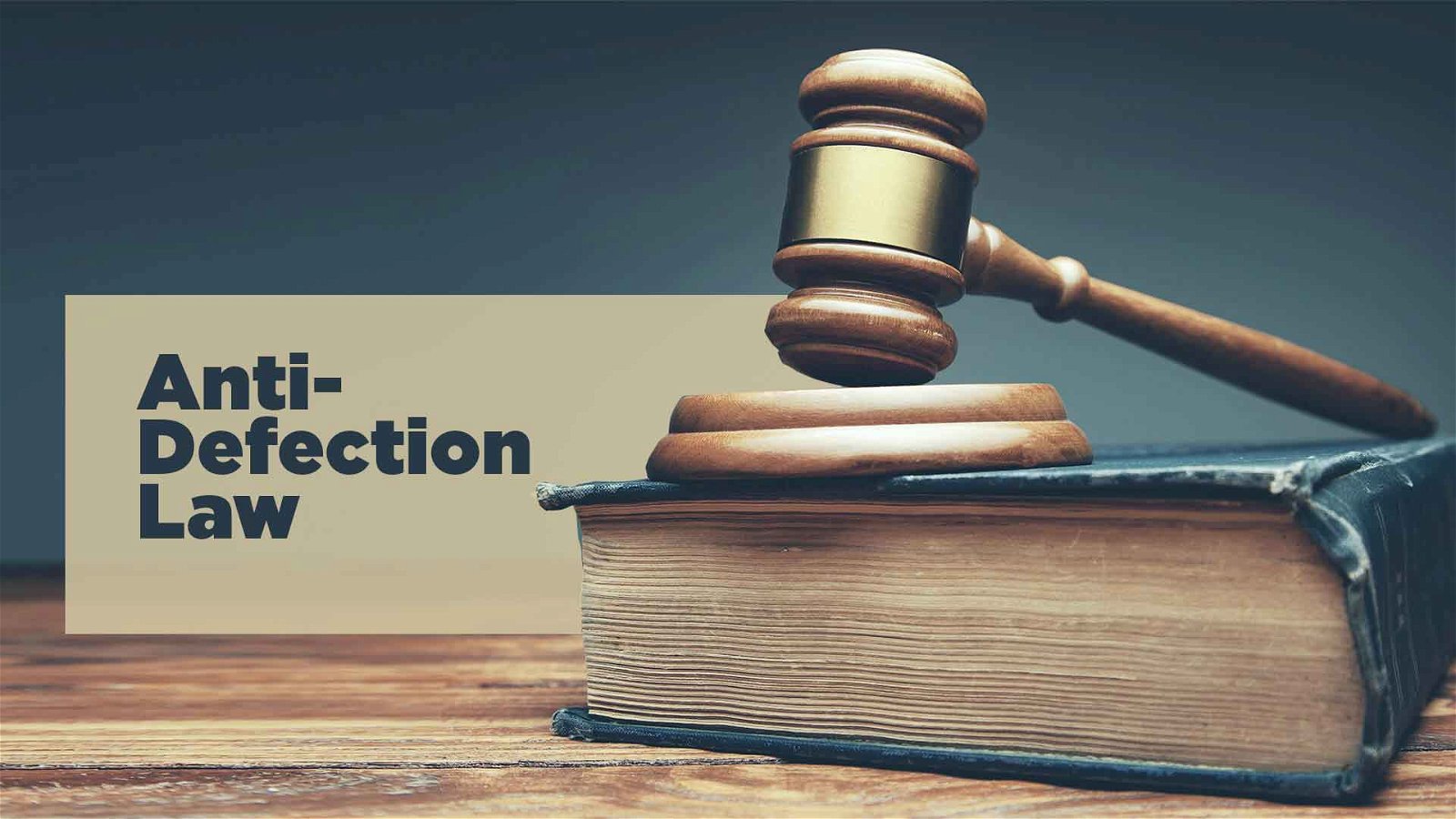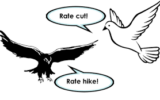
Prisoner’s Right to Vote and be Elected
Subscribers of "Current Affairs" course can Download Daily Current Affairs in PDF/DOC
Subscribe to Never Miss an Important Update! Assured Discounts on New Products!
Must Join PMF IAS Telegram Channel & PMF IAS History Telegram Channel
- Context (IE): Amritpal Singh, the jailed head of the pro-Khalistan outfit Waris Punjab de, announced his intention to contest the Lok Sabha elections from Punjab.
- According to a report submitted to the court in April 2024, 4,472 criminal cases against MPs and MLAs are still pending.
Legal status of the right to vote and the right to be elected
- Though free and fair elections have been placed on the highest constitutional pedestal, the SC has held that the rights to elect and be elected do not enjoy the same status.
Sec 62 of the RPA,1951
- It provides a series of restrictions on the right to vote.
- Sct 62(5) effectively bars every individual who had criminal charges framed against them from casting their vote unless they have been released on bail or have been acquitted.
The challenge to Section 62(5), Anukul Chandra Pradhan, Advocate, Supreme Court v. UOI
SC Ruling
|
Indira Gandhi v Raj Narain, 1975
- Free and fair elections are part of the IC’s’ basic structure’, and any laws or policies that violate this principle could be struck down.
Kuldip Nayar v. Union of India, 2006
- The right to vote (or the right to elect as it was called) is “pure and simple, a statutory right”. This means that voting is not a fundamental right (FR) and can be repealed.
- The same was held for the right to be elected by the Bench, ruling that laws enacted by Parliament could regulate both these statutory rights.
Bar against contesting elections only after Conviction
- Section 8 of the Representation of People Act, 1951 (RP Act): A convicted individual will be barred from contesting elections to Parliament or state legislatures from the date of conviction, with an additional six-year disqualification upon release.
- This disqualification only kicks in once a person has been convicted and does not apply if they have only been charged with criminal offences.
Exceptions to disqualification
- Section 11 of the RPA: The Election Commission of India (ECI) is empowered to “remove” or “reduce” the period of disqualification.
- Section 62 (5) of the RPA: An exception is provided for those in preventive detention.
- SC, 2019: Once a conviction is stayed on appeal to a higher court, “the disqualification which operates as a consequence of the conviction cannot take or remain in effect”.

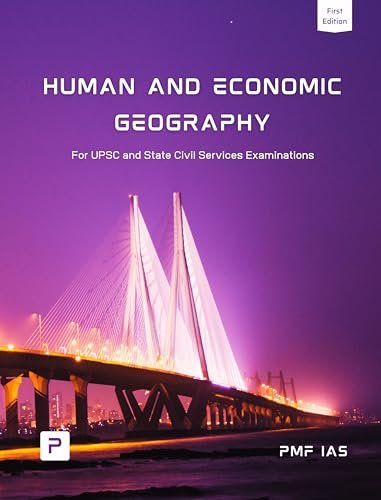



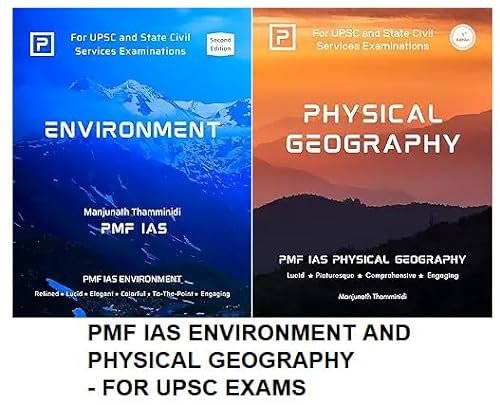

![PMF IAS Environment for UPSC 2022-23 [paperback] PMF IAS [Nov 30, 2021]…](https://pmfias.b-cdn.net/wp-content/uploads/2024/04/pmfiasenvironmentforupsc2022-23paperbackpmfiasnov302021.jpg)
